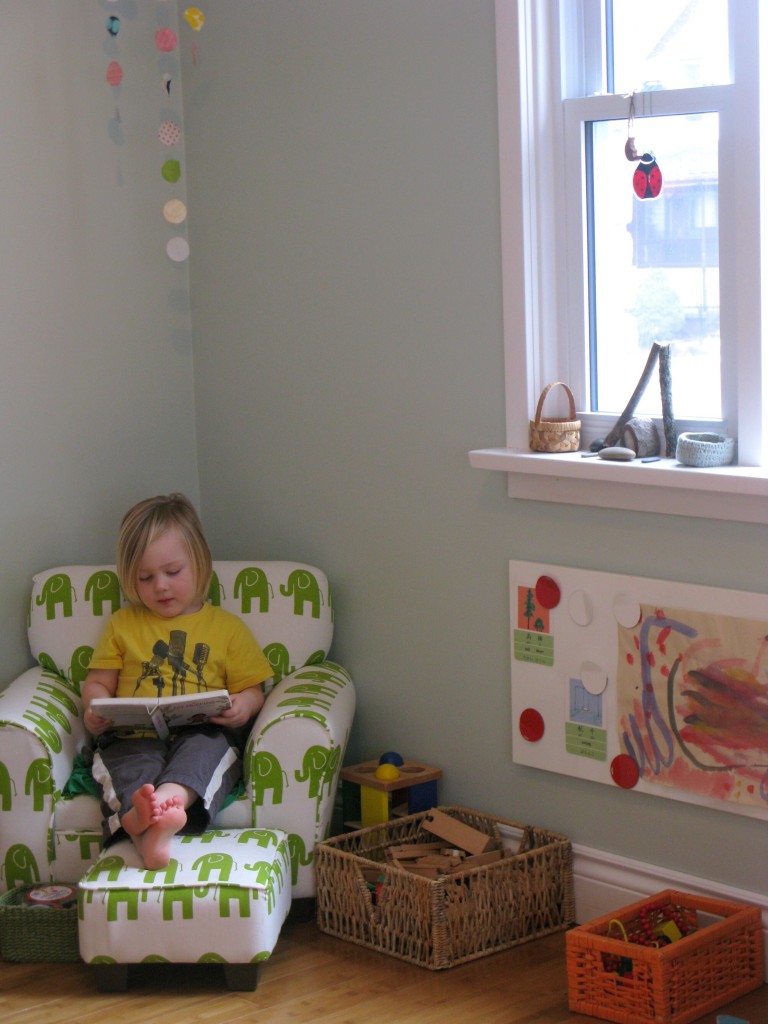API appreciates encouragement and support of our parenting instincts, and enjoys when the support transcends geographic borders and language. Please note that Attachment Parenting helps parents reclaim their instincts through API’s Eight Principles of Parenting and grow in their parenting confidence, to make the choices they find best for their own families. Elimination communication, going diaper free, is a practice some parents employ as part of their family choices, however it is not a practice that API support groups and information resources take a position on in any way regarding fostering secure attachment. Please enjoy this post as a part of your enrichment, and not as a practice inherent to Attachment Parenting.

People in China are doing it. People in India, Africa, Russia, Germany and the U.S. are doing it. And a small yet determined cadre of new parents in Israel are taking the plunge.
Diaper Free is just as easy as it sounds. Take off the nappies! Either altogether or here and there for a pee break. But the implications of going diaper free in a society where it’s virtually unheard of are a bit more complex.
As a mentor with DiaperFreeBaby.org, I host meetings for parents of babies and toddlers in my hometown of Boston. But, as I geared up to spend a month in Israel, an unexpected and synchronistic connection from an EC-ing (EC stands for Elimination Communication, the gentle and connection-oriented practice of pottying your child in babyhood) Israeli mama was a lightbulb moment for me. ECing parents benefit from support, no matter where they are, because–unlike the Chinese–we live in societies where our practices are little-known. With few family members and friends to pass down the torch of initiation into this practice, finding our way alone can be challenging.
Before the first ever Tel Aviv meeting of DiaperFreeBaby commenced, Larissa and I discussed our goals. To cover some basic techniques, to provide an opportunity for like-minded parents to connect, but mostly to give parents an opportunity to tell their stories and air their challenges and questions. Six families attended, two of which included mom, dad and baby, one mom who’d left her baby at home, and three moms with their babies.
As the dads nervously expressed their relief to see another dad there, I recalled my first ever DFB meeting. My now-toddler was 2 weeks old, and my husband was the only dad present. That meeting was pivotal in our parenting journey, since it’s where we learned about co-sleeping and co-bathing, two practices that helped us to meet our daughter’s needs in a way that mainstream baby-case couldn’t.
We showed some basic pottying holds–since when you’re pottying an infant, you have to hold them over the designated spot–then briefly touched on the role of intuition in infant pottying. “I thought it was just me!” confessed a mom in joy and recognition when I discussed a phenomenon known as the “phantom pee”–when you feel as if you’ve just been peed on but you haven’t. It means your baby needs to use the bathroom. Two other moms had also experienced it without knowing what it was.
How amazing to have moms exploring this new world in a country where there are no books published in Hebrew on EC. They don’t even have appropriate words to describe the practice yet. Having read all the books I could find (and there are only four of them as of today’s count) on the matter, I was impressed by the courage of these parents, who’d scraped together all they could learn from the internet and a few like-minded friends.
Going Diaper Free was just the tip of the iceberg with these parents. One mom described how people thought she was crazy given that she gave birth in her home, something even more uncommon than in the U.S., where the practice is slowly gaining ground. All present babies were toted in carriers, a practice gaining ground in a similar fashion to the US–baby bjorns are frequently seen on the streets, and the occasional wrap. Most of them were cosleeping, a practice that made nighttime pottying easier, but also cultivates a deeper connection of trust and responsiveness between moms and babies, and makes nighttime nursing a breeze.
The language was different, but the types of comments were the same. Parenting against the grain takes dedication and resolve, yet it can get lonely. Finding like-minded parents can be a huge relief. Thankfully, Larissa has firmly taken the reins, and is hosting bi-weekly meetings all across the country. You can check out this amazing woman and her blog here (in Hebrew, but google translate can you sort through it).





 Children learn about death from many sources, but they learn about grieving from the people they love most.
Children learn about death from many sources, but they learn about grieving from the people they love most.